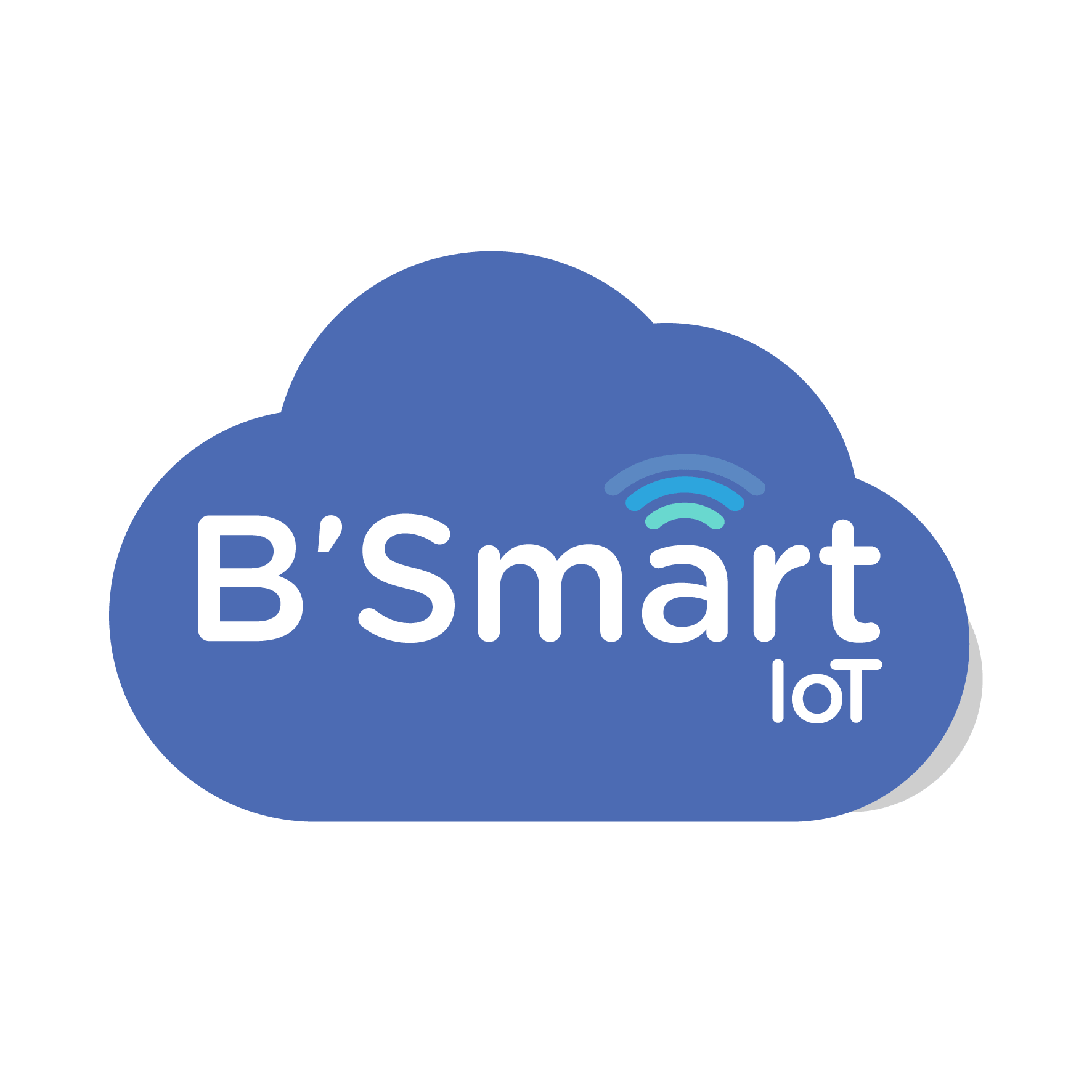Revolutionizing Shipment Tracking with Low-Cost IoT Solutions
In today’s globalized economy,the efficient and safe tracking of shipped products is crucial. Tracking shipments using IoT solutions is an alternative.
Companies need to know where their products are at all times to optimize supply chains, ensure on-time deliveries, and mitigate losses.
However, traditional tracking methods can be costly and ineffective, especially when you consider the challenges of reverse logistics: the process of returning tracking devices after use.
Fortunately, the advent of low-cost solutions based on the Internet of Things (IoT) is poised to revolutionize the industry, offering disposable tracking devices that cost less than €10 per shipment.
The Problem of Traditional Shipment Tracking
Shipment tracking has long relied on established technologies such as barcode scanning, GPS devices, and RFID tags.
Although effective, these methods have significant disadvantages:
- High Costs: Traditional tracking devices, especially GPS units, can be expensive to produce and maintain.
These costs are further increased when you consider the need for reverse logistics to recover and reuse these devices. - Complexity in Reverse Logistics: After a shipment arrives at its destination, it is often necessary to return the tracking device.
This process adds another layer of complexity and cost, as companies must manage the recovery, refurbishment, and redeployment of these devices. - Environmental Impact: The use of non-disposable tracking devices requires transportation for recovery, which increases the carbon footprint.
In addition, the production and maintenance of these devices contribute to e-waste if not properly managed. - Lack of Real-Time Data: Some traditional tracking systems do not provide real-time updates, making it difficult for businesses to respond to issues such as delays, theft, or damage during transit.
These challenges highlight the need for a more efficient, cost-effective and sustainable solution in the transport industry.
The IoT Revolution in Shipment Tracking
The Internet of Things (IoT) has emerged as a game changer, offering innovative solutions that address the limitations of traditional tracking methods. By integrating small disposable IoT devices into shipping processes, businesses can track shipments in real-time at a fraction of the cost.
Here’s how IoT can help:
- Low-Cost Disposable Devices: Advances in IoT technology have made it possible to create small, energy-efficient, disposable tracking devices for less than $10 each.
These devices can be attached to shipments and provide continuous location data until they reach their destination, after which they can be safely disposed of without the need for reverse logistics. - Real-Time Tracking: IoT devices equipped with GPS and cellular connectivity can transmit real-time location data to a central system.
This capability allows companies to monitor shipments throughout the entire journey, offering greater visibility and the ability to address potential issues as they arise. - Reduced Environmental Impact: By eliminating the need for reverse logistics, disposable IoT devices reduce the carbon footprint associated with the recovery of traditional tracking units.
In addition, these devices can be designed to minimize e-waste, using eco-friendly materials and energy-efficient technologies. - Scalability and Flexibility: IoT devices can be easily scaled to meet the needs of any shipment, from small packages to large cargo containers.
Their flexibility allows them to be used in various modes of transport, including road, rail, sea and air. - Enhanced Security and Data Analytics: IoT-enabled tracking systems can be integrated with advanced data analytics platforms, providing companies with valuable insights into their supply chain operations.
This data can be used to optimize routes, predict delays, and prevent theft or loss, ultimately improving overall efficiency and reducing costs.
Conclusion: A New Era in Shipment Tracking
The integration of low-cost IoT devices into shipment tracking systems represents a significant advancement for the logistics industry.
By providing real-time data, reducing costs, and eliminating the need for reverse logistics, these disposable devices offer a practical and sustainable solution to the challenges of traditional tracking methods.
As technology continues to evolve, we can expect even more sophisticated IoT solutions to emerge, further improving the efficiency and security of global supply chains.
For businesses looking to stay ahead of the curve in a competitive market, investing in IoT-based tracking systems isn’t just an option, it’s a necessity.

